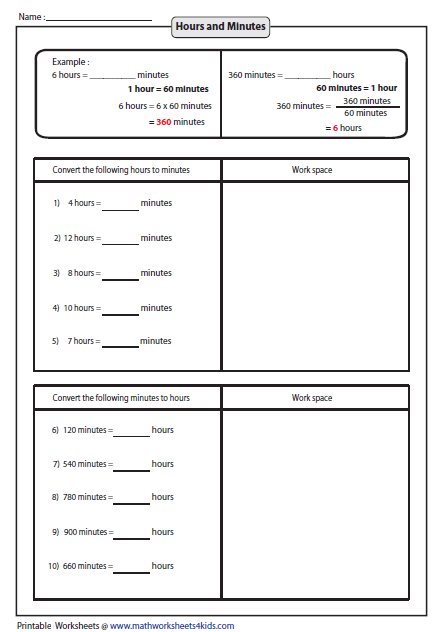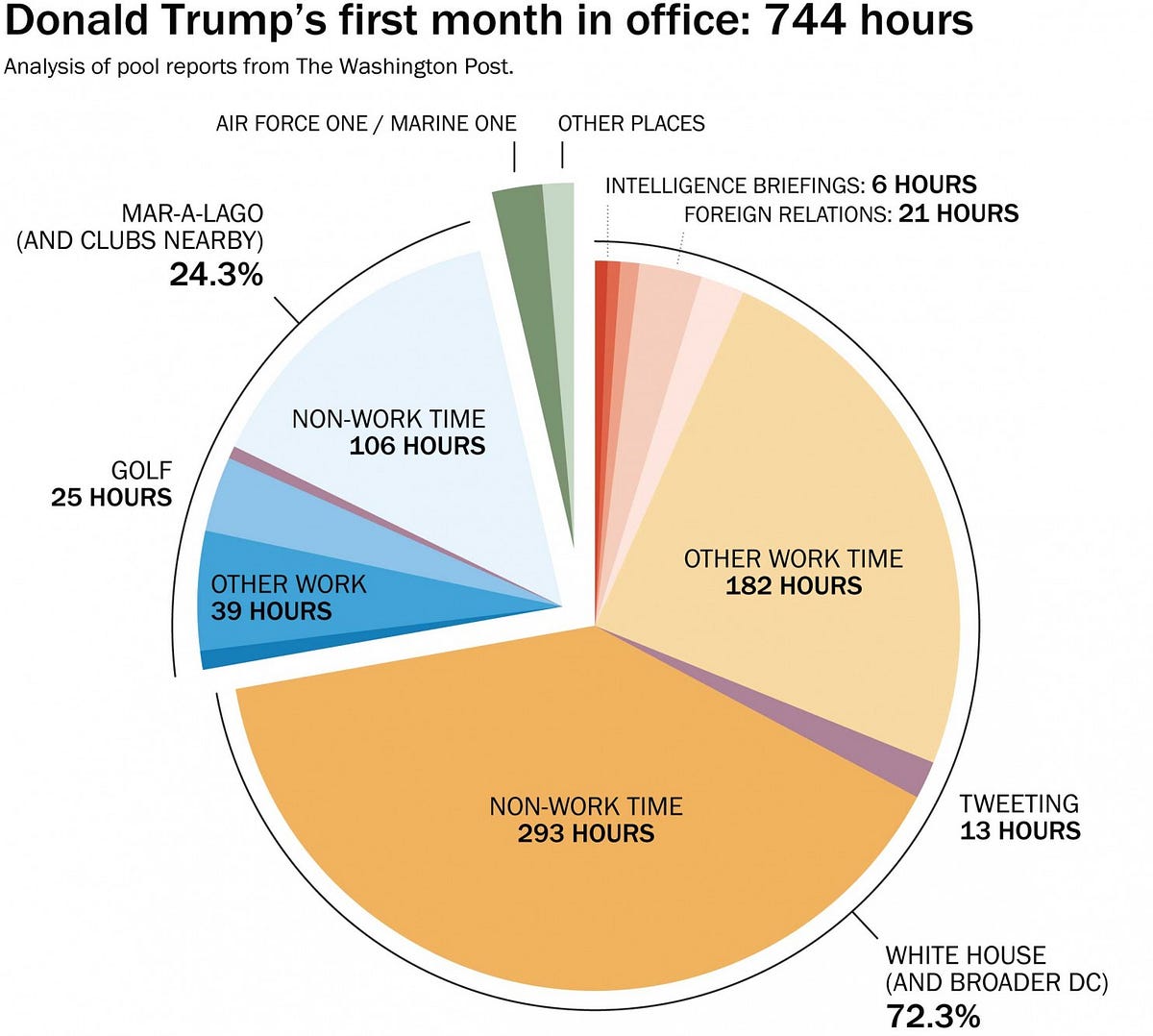But because "there is no legal definition provided by the Department of Labor for full-time or part-time employment," Reynolds says, each organization will generally set their own. In Muse career coach Jennifer Sukola's experience, people with part time jobs typically work 15 to 29 hours a week. However, some employers will consider anyone working less than 40 hours a week a part-time employee. Generally, business sector agrees that it is important to achieve work–life balance, but does not support a legislation to regulate working hours limit. They believe "standard working hours" is not the best way to achieve work–life balance and the root cause of the long working hours in Hong Kong is due to insufficient labor supply.
Much like the number of hours you'll work in a part-time job, the benefits you'll be eligible for will depend on where you work. Many companies choose to only offer benefits—such as dental insurance or a childcare allowance—to full-time employees. Others choose to offer some or all of their benefits to part-time workers as well. A few of the benefits commonly offered to part-time employees are paid holidays, life insurance, and paid time off , Reynolds says. Hong Kong has no legislation regarding maximum and normal working hours. The average weekly working hours of full-time employees in Hong Kong is 49 hours.
In Hong Kong, 70% of surveyed do not receive any overtime remuneration. These show that people in Hong Kong concerns the working time issues. As Hong Kong implemented the minimum wage law in May 2011, the Chief Executive, Donald Tsang, of the Special Administrative Region pledged that the government will standardize working hours in Hong Kong. The federal law most relevant to the distinction between part- and full-time employment is the Affordable Care Act, which requires that large employers share the financial responsibility of health insurance for full-time employees. The law defines full-time work as at least 30 hours per week or 130 hours per month.
Companies that meet the threshold for size must either offer an affordable health insurance plan to these full-time employees or pay a penalty for not offering coverage. No company, regardless of size, is required by the federal government to subsidize health insurance for part-time employees who work fewer than 30 hours per week or 130 hours per month. Many employers opt to provide benefits that are not required by law, such as dental insurance and paid vacation time.
For these purposes, an employer can define part-time employment in whatever way that makes sense for the business. However, one important benefit of these perks is to contribute to employee morale and encourage workers to stay with a company. Overtime pay—which must be at least one and a half times your usual pay rate—kicks in when you've worked more than 40 hours a week. All non-exempt part- and full-time workers are eligible for overtime pay when they work more than 40 hours in seven consecutive days. Some states and cities have higher thresholds for the salaries of exempt employees and/or a set number of hours worked within a given day before overtime kicks in, so be sure to check your local employment laws. When people in the U.S. talk about benefits, health insurance is usually top of mind.
While some employers do offer health insurance to some or all part-time employees, many do not. So even if your employer considers you a part-time employee because you work less than 40 hours a week, you may still be legally entitled to health insurance coverage. The most common benefits include health insurance, as well as dental, vision, and life insurance.
Employers that offer insurance will usually pay for some (or even all!) of the monthly cost of the policy. Most full-time employees will also be eligible for paid time off through federal holidays, vacation days, and sick days. Some employers offer their full-time employee's retirement options such as a 401 plan , as well as other company-specific perks such as reimbursements for childcare, a fitness membership, an education stipend and stock options.
As the name suggests, part-time workers have fewer hours than a full-time employee. Part-time jobs typically require no more than 35 hours per week, and may be as few as 5-10 hours. Unlike full-time employees, part-time employees are not guaranteed the same number of hours or shifts each week. For example, a part-time cashier at a grocery store may only work 15 hours one week, and then 20 hours the following week.
Part-time workers sometimes have the option of picking up additional shifts to cover for coworkers who call in sick, or for working extra hours during a particularly busy time of the year. The Fair Labor Standards Act, which sets federal regulations for wages and overtime pay, does not make any distinction between full- and part-time workers. Employees are covered by the law's provisions whether they work 15 hours per week or 50. According to the FLSA, no matter how many hours an employee works, an employer cannot pay less than $7.25 per hour or the applicable state minimum wage.
FLSA also sets parameters for employing minors, and these rules are also not affected by whether an employee's schedule meets a minimum number of hours. Under most circumstances, wage earners and lower-level employees may be legally required by an employer to work more than forty hours in a week; however, they are paid extra for the additional work. Many salaried workers and commission-paid sales staff are not covered by overtime laws. These are generally called "exempt" positions, because they are exempt from federal and state laws that mandate extra pay for extra time worked. The rules are complex, but generally exempt workers are executives, professionals, or sales staff.
For example, school teachers are not paid extra for working extra hours. Business owners and independent contractors are considered self-employed, and none of these laws apply to them. Hong Kong Catholic Commission For Labour Affairs urges the government to legislate the standard working hours in Hong Kong, and suggests a 44 hours standard, 54 hours maximum working hours in a week. If so, full-time work would be the maximum number of hours that an individual could work before becoming eligible for overtime pay . For occupations covered by such provisions, full-time work would be 40 hours per week, in the absence of other indicators.
Employers decide how many hours per week is full-time and part-time, and what the differences will be. Part-time employees are usually offered limited benefits and health care. For example, a part-time employee may not be eligible for paid time off, healthcare coverage, or paid sick leave. For many office-based part-time jobs, employees will have a set schedule where they work the same hours every week, Reynolds says.
However, these hours may vary by season or based on certain company needs like large projects and events. Outside of office work, part-time employees may be more subject to fluctuating hours and shifts. Singapore enacts an 8-hour normal work day , a 44-hour normal working week, and a maximum 48-hour work week. It is to note that if the employee works no more than five days a week, the employee's normal working day is 9-hour and the working week is 44 hours. Also, if the number of hours worked of the worker is less than 44 hours every alternate week, the 44-hour weekly limit may be exceeded in the other week. Yet, this is subjected to the pre-specification in the service contract and the maximum should not exceed 48 hours per week or 88 hours in any consecutive two week time.
In addition, a shift worker can work up to 12 hours a day, provided that the average working hours per week do not exceed 44 over a consecutive 3-week time. The overtime allowance per overtime hour must not be less than 1.5 times of the employee's hour basic rates. There are no legal definitions for what constitutes a full- or part-time employee.
The U.S. Bureau of Labor Statistics considers 35 hours per week full-time employment. The Fair Labor Standards Act, which sets the requirements for when employees are due overtime pay, doesn't specify how many hours per week an employee has to work to be considered full-time, either. On the other hand, part-time employees are usually not eligible for company-sponsored benefits such as health insurance or retirement plans. Some may offer education or training stipends, certain holidays off or employee discounts, especially for jobs in retail and food service.
The vast majority of full-time employees in Australia work additional overtime hours. A 2015 survey found that of Australia's 7.7 million full-time workers, 5 million put in more than 40 hours a week, including 1.4 million who worked more than 50 hours a week and 270,000 who put in more than 70 hours. Many countries regulate the work week by law, such as stipulating minimum daily rest periods, annual holidays, and a maximum number of working hours per week. Working time may vary from person to person, often depending on economic conditions, location, culture, lifestyle choice, and the profitability of the individual's livelihood. For example, someone who is supporting children and paying a large mortgage might need to work more hours to meet basic costs of living than someone of the same earning power with lower housing costs.
There are some situations where an employer can treat their part-time workers differently. For example, an employer may provide private health insurance to full-time employees but not part-time employees. The objective justification for this may be because the costs involved are disproportionate to the benefits. If the reason for objective justification does not satisfy you, you may take the case to an employment tribunal. Part-time work is anything less than 30 hours per week for large employers who are required to provide health insurance to full-time employees under the Affordable Care Act.
These staff members are eligible, generally on a pro rata basis, for all benefits and pay premiums. For employees scheduled to work less than 30 hours per week, Duke does not make contributions to health care insurance premiums. In addition, employees will have benefit accumulations suspended during periods of layoff of 30 calendar days or more. However, they may provide for the continuation of their group life and health care insurance coverage during the period of layoff by making arrangements for the payment of premiums as required by the applicable policies. While you might think that part-time jobs exist primarily in retail and food services, "Nearly every industry could have a need for part-time workers in an office setting," as well, Reynolds says. Industries like landscaping, hospitality, and manufacturing often need seasonal administrative help.
And early-stage startups often hire part-time employees in a range of roles when they're not yet ready for full-time employees, either financially or workload-wise, Reynolds says. In some cases, part-time workers may be eligible for company benefits. Some benefits are statutory and provided by law, while others are offered to part-time employees by employers. If you have health coverage through a parent or spouse, you may not require this type of employer benefit. But if you do need health insurance, you must ask whether you're eligible before you accept a job offer. Some employers also offer paid time off —including vacation days and sick days—for part-time employees, or other perks such as remote work.
The Affordable Care Act requires any employer with more than 50 employees to offer health insurance to a minimum of 95% of their employees who work an average of 30 hours a week. This requirement may mean that if you're working part-time hours at an average of 30 hours per week, you're eligible for health insurance. Employers who have 50 or more full-time employees are required to offer those individuals health insurance.
Additionally, employers typically aren't required by law to give paid time off to any of their employees. If employers decide to offer holiday pay to employees, they can choose to extend the offer of paid holidays to their part-time employees as well. Full-time employees may get paid by the hour just like part-time employees, or they may receive a flat salary. This is not usually something that can be negotiated with an employer. Exempt employees, on the other hand, always earn the same salary no matter how many extra hours they work. Even though laws are loose and nebulous, misclassification of workers can cause many legal problems for employers.
Companies that offer things like paid-time off, health care, and pension must be careful to be consistent in how they dole out these benefits to avoid accusations of discrimination or unfair labor practices. Employers who deliberately misclassify workers can be subject to many thousands of dollars in penalties and fines, which can include back wages and employment taxes and can be levied by both the IRS and the DOL. In truth, there is no legal definition of full-time employment; this depends on your employer and company policy.
The only exception is that which falls under the Affordable Care Act for health coverage purposes. Putting a minimum on full-time work results, as we saw earlier, in the possibility for exploitation. Exceptions exist, but the protections offered by this rule are substantial. Many factors influence the culture of overwork in the U.S., but some factors have more influence than others.
The United States government made the choice to tie offerings of health insurance to full-time employment under the Affordable Care Act for companies with 50 or more full-time employees. For many years before that, it was already expected that qualifying for benefits happened at a full-time level, so such a ruling was in many ways a long time coming and actually was intended to protect workers. Part-time workers may occasionally end up working overtime, or more than 40 hours, in a week.
This might happen when a business is at the height of its busiest season, a full-time employee is unable to work, or some other circumstance changes. Part-time worker overtime is governed by the FLSA rules on exempt and non-exempt employees. Most likely you will be required to pay a part-time worker overtime, but be sure to review the rules.
Yip Siu-fai, Professor of the Department of Social Work and Social Administration of HKU, has noted that professions such as nursing and accountancy have long working hours and that this may affect people's social life. He believes that standard working hours could help to give Hong Kong more family-friendly workplaces and to increase fertility rates. Randy Chiu, Professor of the Department of Management of HKBU, has said that introducing standard working hours could avoid excessively long working hours of employees. In occupation E, the hours worked by each individual varies considerably throughout the year, ranging from 8 to 60 hours per week, depending on conditions affecting the industry. There are no laws or regulations requiring overtime pay for individuals in this occupation, and they are not covered by a collective bargaining agreement.
Since no standard workweek can be identified, 40 hours will be considered to be full-time work. For the purposes of determining UI eligibility, full-time work in a week consists of the number of hours considered to be the standard or customary workweek for an occupation in a geographic or labor market area. In keeping with this broad, general definition the decision as to what is considered standard or customary would not be based on the employment history of a specific individual or on the practice of a particular employer. Furthermore, to the extent possible, there should be only one standard for each specific occupation in a geographic or labor market area.
In attempting to identify the industry wide workweek for an occupation, one should focus on the type of work the claimant is performing (or performed during the week in question) rather than on broad occupational categories. For example, the Dictionary of Occupational Titles groups doctors, accountants, and librarians into the same occupational category. One should not, however, consider the hours worked by other types of professional workers when determining the customary workweek of librarians. Additionally, in most states, if a part-time worker works over 40 hours in a given workweek, they must be paid overtime for every additional hour.
In some states, working beyond 8 hours in a workday also makes you eligible for overtime pay, even as a part-time employee. It's important to note that even full-time employees aren't guaranteed benefits from their employer. While healthcare coverage is a requirement for most big companies under the ACA, most other benefits are considered perks rather than mandatory.
You can expect to work shorter workdays or fewer days than full-time employees. Because you are working fewer hours than a full-time worker, your schedule may take on different forms. Some benefits are provided by law, regardless of your employment status.























No comments:
Post a Comment
Note: Only a member of this blog may post a comment.